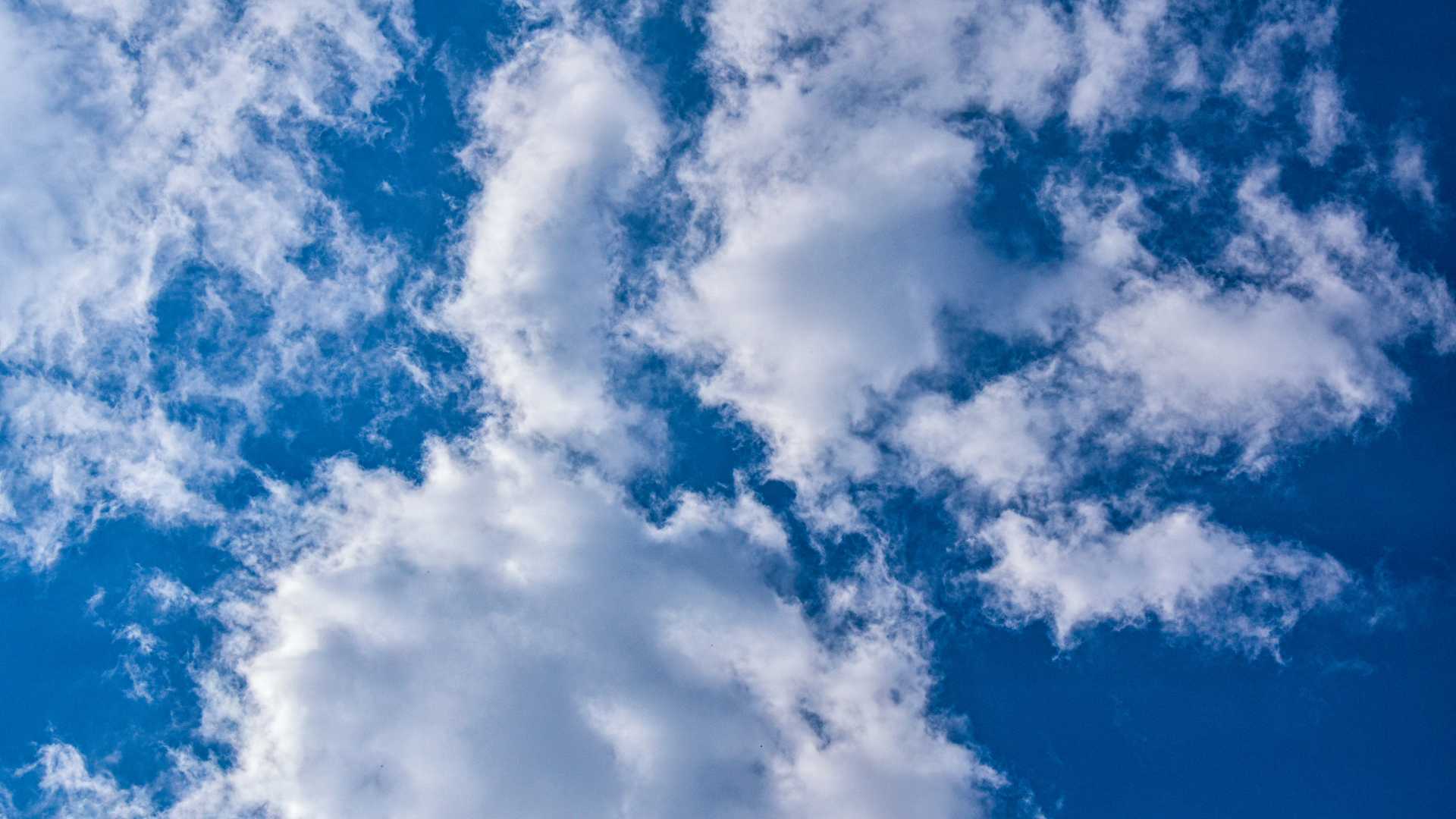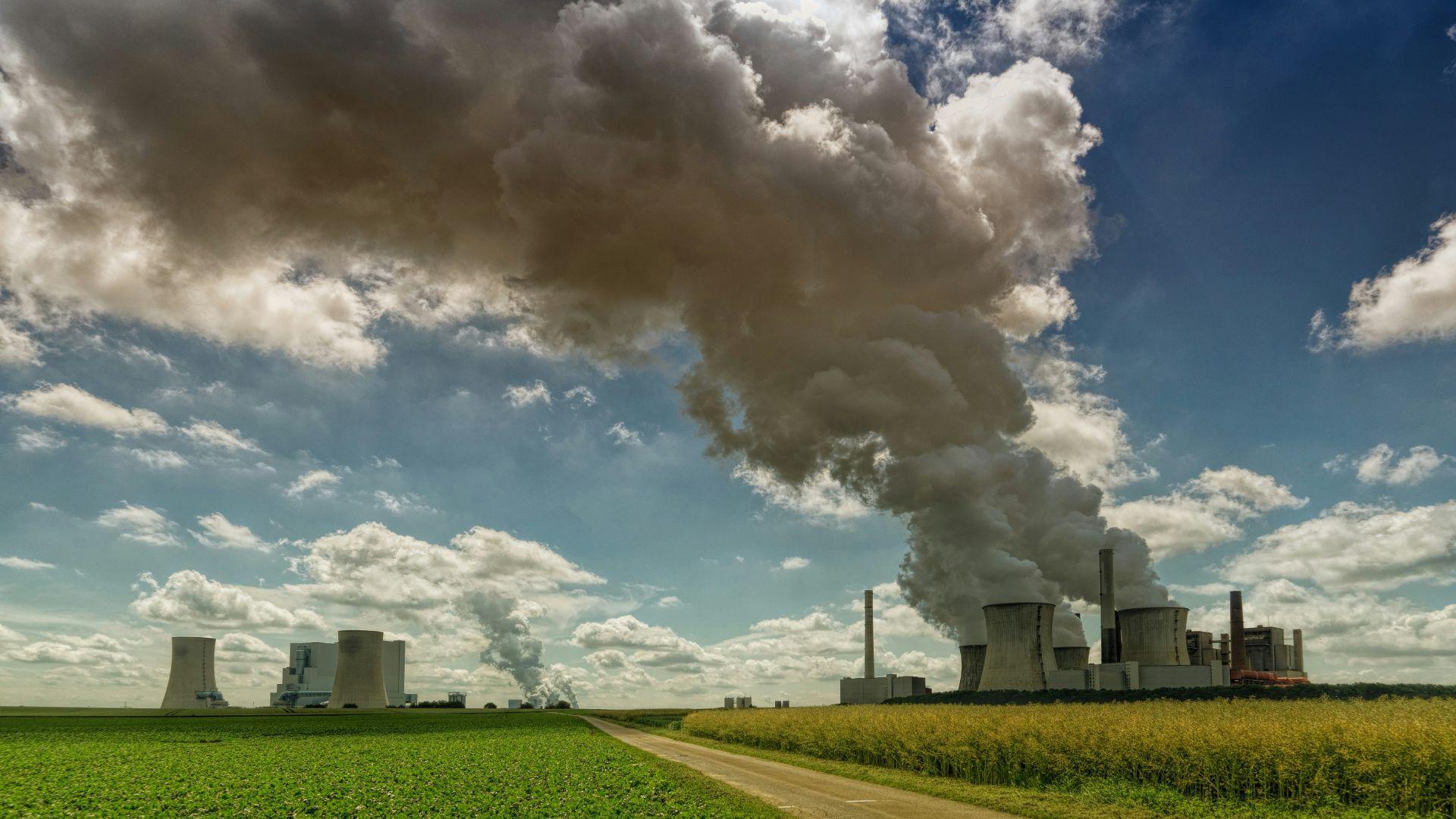A common mantra heard among some climate activists is that society should reduce human pollution at all costs. However, a new study found that recent progress made in reducing aerosol pollution may be causing more sunlight to stream into the earth, contributing to an increase in global temperature.
The new study, published in Communications Earth & Environment, asserted that rapid reductions in aerosol emission due to air quality legislation have strengthened Earth’s energy imbalance. The study predicts that there will be an accelerated warming of the Earth’s surface because of this recent pollution reduction.
Earth’s Energy Imbalance

The study, titled “Recent reductions in aerosol emissions have increased Earth’s energy imbalance,” examined a rise in Earth’s Energy Imbalance (EEI). EEI is the measure of the amount of energy from the sun that arrives at Earth versus the amount of energy that returns to space.
When Earth has a positive energy imbalance, it means that it is getting more energy than it outputs, which causes Earth to heat up.
NASA Instruments

This investigation into EEI was inspired by a strange discrepancy scientists noticed in a set of NASA instruments that have been floating in space since 2001. These instruments had been tracking the balance of energy entering and leaving the Earth’s atmosphere.
Researchers noticed that these instruments were detecting a “marked increase” in the amount of solar energy the planet was absorbing, and this amount could not be fully attributed to the effects of greenhouse gases.
Light Reflecting Pollution

Aersol pollution from humans comes primarily from the burning of fossil fuels, which leave behind solid particles or liquid droplets suspended in the air. This pollution has the effect of reflecting light, which scientists think is keeping a portion of sunlight away from the Earth.
There are also natural emitters of aerosol pollution as well, which include sources like geysers, fog, forest fires, and desert dust.
2023 Hottest Year on Record

In January, the National Oceanic and Atmospheric Administration (NOAA) found that 2023 was the hottest year in recorded history. The average global temperature is 2.43 degrees Fahrenheit higher than the pre-industrial era in 1850-1900.
Researchers predict that there is a 1 in 3 chance 2024 will be even warmer, and there is a 99% chance 2024 will be among the top 5 warmest years in recorded history.
Inconsistent Simulations

This study hoped to answer why climate models have been inconsistent on this increased energy imbalance trend.
“Climate model simulations suggest that the observed positive imbalance trend in the previous two decades is inconsistent with internal variability alone and caused by anthropogenic forcing and the resulting climate system response,” said the study.
Study Findings

The quick progress climate activists have made at reducing aerosol emissions may have been too aggressive and caused an increased disruption in Earth’s energy imbalance too quickly.
“With most future scenarios showing further rapid reductions of aerosol emissions due to air quality legislation, such emission reductions may continue to strengthen Earth’s energy imbalance, on top of the greenhouse gas contribution,” the study said.
Accelerated Warming

While looking at the EEI balance into the future, the study predicts that the Earth is in for a period of accelerated warming on the surface, citing sea-surface temperatures. While Earth’s skies are getting clearer, it isn’t all good news for those concerned with global warming.
The study says “Consequently, we may expect an accelerated surface temperature warming in this decade.”
Clean Air Paradox

As humans strive to clean up the atmosphere and air quality, it seems like that goal can sometimes run counter to stopping the rise of global average temperatures on Earth.
As clouds of pollutants continue to disappear from our atmosphere, so too does their ability to keep sunlight away from the Earth.
Pollution Declines

A study published in 2022 found that global air pollution has dropped as much as 30% from the levels in the year 2,000.
The lead author Johannes Quaas, a climate scientist at Leipzig University, estimates that cleaner air has boosted the total warming of the planet from 15% to 50%. “There is a lot more of this to come,” Quaas said.
Health Outcomes

It seems like climate activist efforts to address climate change have become a give-and-take. With better air quality, people experience better health outcomes. Airborne particles born from aerosol pollution are thought to be responsible for killing several million people per year.
They are responsible for damage to lung tissue as well as contributors to lung disease.
More Questions Need to Be Answered

Although the study lays out one possible reason for the greater-than-expected trend in sunlight absorption, models are still unable to account for as much as 40% of extra absorbed light.
Also, sunlight reflectivity has been falling in both hemispheres of the Earth, aerosol pollution has only fallen significantly in the northern hemisphere.
